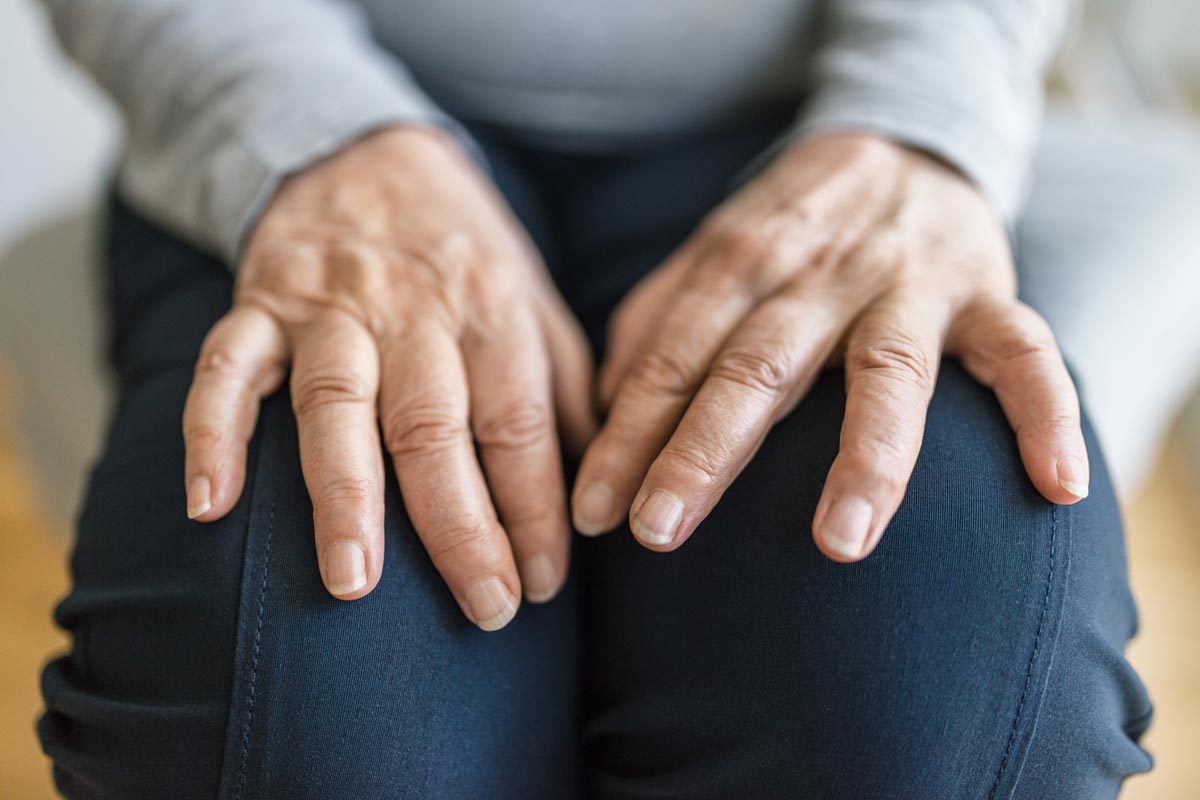Hormonal Factors Linked to Early Onset of Rheumatoid Arthritis in Women

Hormonal Factors Linked to Early Onset of Rheumatoid Arthritis in Women
Current research discovered a connection between hormonal changes and early onset rheumatoid arthritis (RA) in women. A systematic review indicates females are significantly more vulnerable to earlier-stage RA, probably because of hormonal factors.
Under the guidance of Dr Hai Feng Pan, scientists at Anhui Medical University’s School of Public Health have examined data from over 223,000 500 UK Biobank subjects. This particular systematic review provided a 12-year follow-up of health and discovered that 3,313 women (1.5% of the participants) developed rheumatoid arthritis. RA is an auto-immune condition where the immune system attacks body tissues, mainly bones, and can cause extra organ damage.
Major hormonal junctures like menstrual onset and menopause are related to RA risk. The research determined that females who had their 1st period at age 14 as compared to 13 were at 17% risk. Note that menopause starting before 45 was associated with 46% greater risk than when it started at 50 or 51.
The length of a woman’s reproductive years is another important factor. The risk of RA was 39% greater for women with 33 years or fewer between their 1st period and menopause beginning compared to women with lengthier gestational lengths. Risk factors also included hysterectomy or oophorectomy (removal of the ovaries).
Notably, using birth control pills didn’t raise the risk. However, those who take hormone replacement therapy (HRT) had a 46% higher chance of contracting the illness.
A further surprising statistic was that females having four or more kids were 18% more prone to get RA compared to people with two kids. This indicates that pregnancy and ensuing hormonal changes might be involved in RA.
While the research results are persuasive, the authors warn against accepting them as definitive proof of cause rather than associations. These insights, though, are invaluable and could result in innovative, specific treatments to lessen female rheumatoid arthritis risk.
Dr Pan’s team highlights the importance of their results and the possibility of developing innovative preventive measures. While the connection between hormonal changes and RA becomes clearer, upcoming studies could possibly clarify and eventually lower this risk for females worldwide.
Source:
Jiang L, Zhang R, Musonye HA, et alHormonal and reproductive factors in relation to the risk of rheumatoid arthritis in women: a prospective cohort study with 223 526 participantsRMD Open 2024;10:e003338. doi: 10.1136/rmdopen-2023-003338
